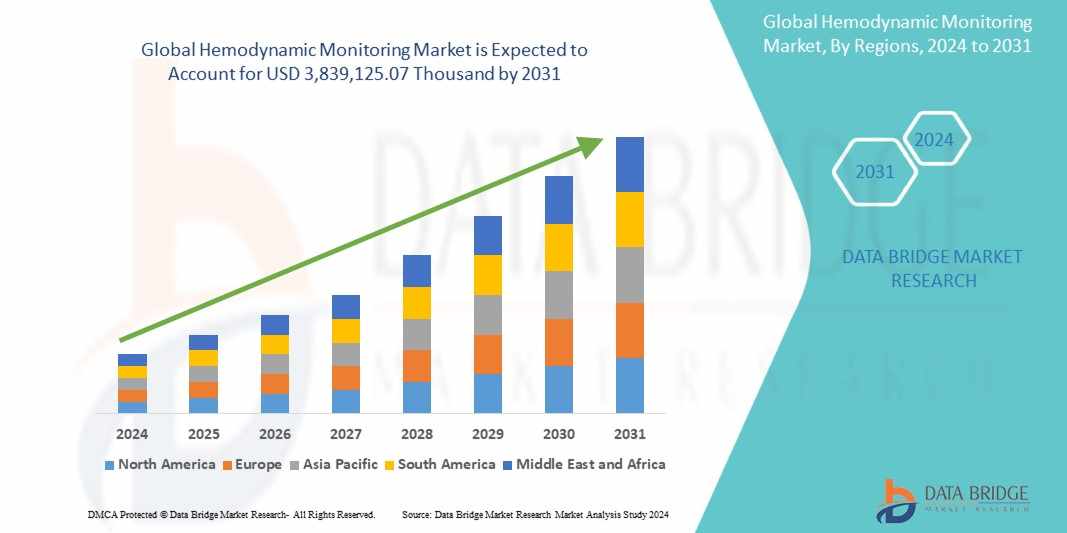
Introduction
Industrial networking solutions have become a backbone for modern manufacturing and industrial automation. As industries shift towards digitization, automation, and real-time data exchange, the demand for robust, reliable, and high-speed networking infrastructure continues to escalate. These networking solutions connect industrial devices, systems, and processes, enabling seamless communication between machines, sensors, controllers, and data centers. From energy and utilities to oil & gas, transportation, and manufacturing, every sector is leveraging these technologies to enhance operational efficiency, reduce downtime, and foster innovation.
Full Details Report: https://www.databridgemarketresearch.com/reports/global-industrial-networking-solutions-market
The global industrial networking solutions market is growing in tandem with the rapid adoption of Industrial Internet of Things (IIoT), Industry 4.0, and smart factory initiatives. It encompasses technologies such as industrial Ethernet, wireless networking, remote access solutions, and network security tailored for harsh industrial environments. The convergence of IT and OT (Operational Technology) systems is also a significant driver for this market’s expansion.
Trends
The industrial networking solutions market is evolving swiftly due to technological advancements and shifting industry priorities. One of the most dominant trends is the integration of wireless technologies in industrial environments. Wireless solutions offer flexibility, scalability, and lower installation costs compared to traditional wired infrastructure. Technologies like Wi-Fi 6, 5G, and private LTE networks are transforming the landscape of industrial communication.
Edge computing is another trend influencing this market. By processing data closer to the source, edge devices reduce latency and enhance real-time decision-making capabilities. Industrial networking platforms are being designed to support edge integration, enabling faster data analytics and machine learning at the operational level.
Cybersecurity is becoming a key focus area as industries face increasing threats of cyberattacks and data breaches. Networking solutions now incorporate advanced security protocols, firewalls, and intrusion detection systems to protect sensitive operational data and ensure regulatory compliance.
There is also a growing shift toward software-defined networking (SDN) in industrial environments. SDN allows centralized control and improved management of network traffic, which is essential for dynamic and complex industrial networks. With the adoption of cloud computing, network virtualization is further streamlining operations and improving scalability.
Market Size
The industrial networking solutions market is witnessing robust expansion driven by the increasing need for automation, efficient communication systems, and operational efficiency. As of recent estimations, the market size is valued at several billion USD and is expected to grow significantly in the coming years. Major industrial regions in North America, Europe, and Asia-Pacific are experiencing the highest adoption rates, with China, Germany, the United States, and Japan leading the charge due to their advanced manufacturing capabilities and investment in Industry 4.0.
Industrial Ethernet remains the dominant segment in terms of revenue due to its high reliability, speed, and ability to support various protocols. Wireless networking solutions, however, are rapidly catching up as companies seek mobility and scalability in complex industrial operations.
Latest Trending Reports:
Global Photoelectric Sensor Market
Global Energy Drinks Packaging Market
Global Soil Treatment Market
Global Rotogravure Printing Doctor Blade Market
Global Leak Detection and Repair Market
Global Acute Cholecystitis Market
North America Vegetables and Fruits Market
Global Hotel Armchair Market
Global Application Processor Market
Market Share
Several key players dominate the industrial networking solutions market, including Cisco Systems, Siemens AG, Rockwell Automation, Belden Inc., ABB Ltd., Moxa Inc., and Schneider Electric. These companies offer a broad range of networking equipment and services tailored for industrial use cases. Their market share is influenced by their innovation capabilities, geographic presence, strategic partnerships, and industry-specific solutions.
Cisco Systems holds a significant share due to its wide product portfolio and expertise in network infrastructure. Siemens and Rockwell Automation lead in industrial automation and control systems integration, while Moxa and Belden specialize in industrial-grade networking hardware and rugged solutions.
The market is also seeing the emergence of regional players offering niche and cost-effective solutions, especially in developing countries where industrialization is gaining momentum. This competition is driving innovation and price competitiveness across the market.
Growth Drivers
Several factors are propelling the growth of the industrial networking solutions market. One of the primary drivers is the rapid deployment of IIoT devices, which require seamless and secure communication networks. The increase in connected devices across production lines and industrial ecosystems is generating massive volumes of data that need to be transmitted, analyzed, and stored in real-time.
Smart factory initiatives across developed and developing economies are pushing organizations to modernize their networking infrastructure. Governments and private sectors are investing in digital transformation projects, creating a conducive environment for market expansion.
The COVID-19 pandemic also played a role in accelerating remote operations and digital monitoring in industrial environments. Companies are now more focused on operational resilience, remote diagnostics, and predictive maintenance, all of which rely heavily on industrial networking solutions.
Another growth factor is the demand for increased productivity and cost optimization. Networking solutions enable real-time monitoring and control, reducing manual errors and improving process efficiency. Predictive maintenance, enabled by sensor data and AI, helps avoid costly equipment downtime.
The increasing use of robotics and automation in manufacturing, logistics, and warehousing is also contributing to market growth. These systems require high-speed and low-latency communication networks to function efficiently.
Demand Outlook
The demand for industrial networking solutions is projected to grow steadily in the next decade. As manufacturing companies upgrade legacy systems and embrace digital technologies, networking solutions will become more critical than ever. The demand is particularly high in sectors like automotive, energy, oil & gas, food & beverages, pharmaceuticals, and transportation.
Asia-Pacific is expected to be the fastest-growing region due to rapid industrialization, government support for smart infrastructure, and expansion of manufacturing bases. China and India are making large-scale investments in smart cities and digital infrastructure, which include robust industrial communication networks.
North America and Europe continue to demonstrate strong demand due to their early adoption of automation technologies and regulatory standards promoting cyber-physical systems. The Middle East and Africa are emerging markets, showing gradual growth driven by infrastructure development and investment in oil and gas automation.
As technologies continue to evolve, future demand will be shaped by the adoption of AI, machine learning, and digital twin technologies, all of which require real-time, secure, and high-bandwidth connectivity. Industrial networking solutions that are adaptable, scalable, and integrated with cloud platforms will be in higher demand.
Conclusion
The industrial networking solutions market is on a strong growth trajectory fueled by technological advancements, increasing automation, and the expanding role of digitalization in industrial processes. With the ongoing push toward smart manufacturing and Industry 4.0, the demand for reliable, secure, and high-performance networking infrastructure will continue to rise.
Companies that invest in modern industrial networking technologies today are better positioned to achieve operational excellence, drive innovation, and stay competitive in the rapidly transforming industrial landscape. The future of industrial networking is not only about connectivity—it’s about enabling intelligent, autonomous, and resilient industrial ecosystems.
About Data Bridge Market Research:
An absolute way to forecast what the future holds is to comprehend the trend today!
Data Bridge Market Research set forth itself as an unconventional and neoteric market research and consulting firm with an unparalleled level of resilience and integrated approaches. We are determined to unearth the best market opportunities and foster efficient information for your business to thrive in the market. Data Bridge endeavors to provide appropriate solutions to the complex business challenges and initiates an effortless decision-making process. Data Bridge is an aftermath of sheer wisdom and experience which was formulated and framed in the year 2015 in Pune.
Contact Us:
Data Bridge Market Research
US: +1 614 591 3140
UK: +44 845 154 9652
APAC : +653 1251 975
Email:- corporatesales@databridgemarketresearch.com




















Write a comment ...